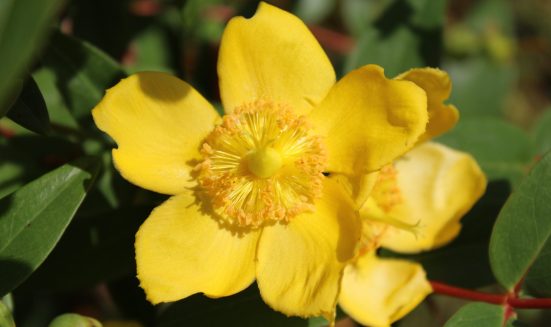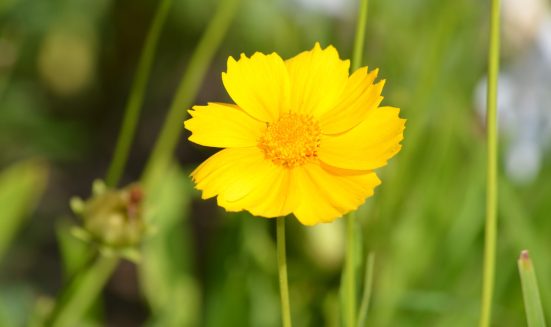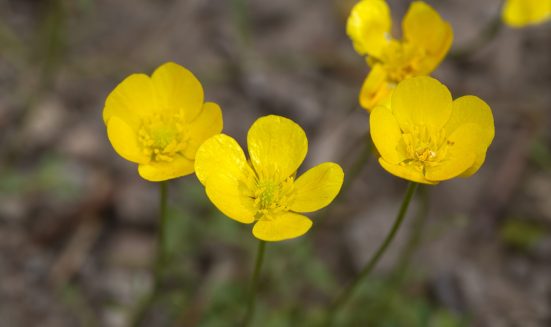


In South America, particularly in Brazil, Turnera subulata leaf extract has been used to treat various chronic diseases, including diabetes, hypertension, chronic pain, and general inflammation. This herb can be consumed as a tea or infusion.
Turnera subulata has demonstrated significant anti-inflammatory effects. Research indicates that its leaf extracts can modulate inflammatory responses by altering the secretion of pro-inflammatory cytokines, such as TNF-α, IL-1β, and IL-6, while promoting the secretion of the anti-inflammatory cytokine IL-10. This modulation occurs through the inhibition of inflammatory pathways, making it a potential candidate for treating chronic inflammatory conditions.
The plant exhibits strong antioxidant properties, helping to reduce oxidative stress in cells. This is particularly beneficial in combating diseases associated with oxidative damage, such as diabetes and hypertension. The presence of various phytochemicals, including flavonoids and phenolic compounds, contributes to its antioxidant capacity.
In traditional medicine, Turnera subulata is used to address a variety of chronic ailments, including:
– Diabetes: Believed to help regulate blood sugar levels.
– Hypertension: May assist in lowering high blood pressure.
– Chronic Pain: Its anti-inflammatory properties can alleviate pain associated with chronic conditions.
– Inflammation: Regular use may help manage general inflammation and related disorders.
Turnera subulata has also been linked to:
– Antifungal Activity: May inhibit the growth of certain fungi.
– Immunomodulatory Effects: The extracts can enhance immune responses, potentially aiding in infection prevention.
– Use in Gynecological Issues: In some regions, it is traditionally used to treat amenorrhea and dysmenorrhea.
Beyond its medicinal applications, Turnera subulata contributes to ecological balance and agricultural sustainability by reducing the need for pesticides. In palm oil plantations, it attracts Syncanus, an insect that preys on caterpillars and leaf-eating worms, which can damage oil palms.
If you have any question, don’t hesitate to contact us!
Copyright © 2024 Sow & Tell Indonesia | All Rights Reserved | Terms and Conditions